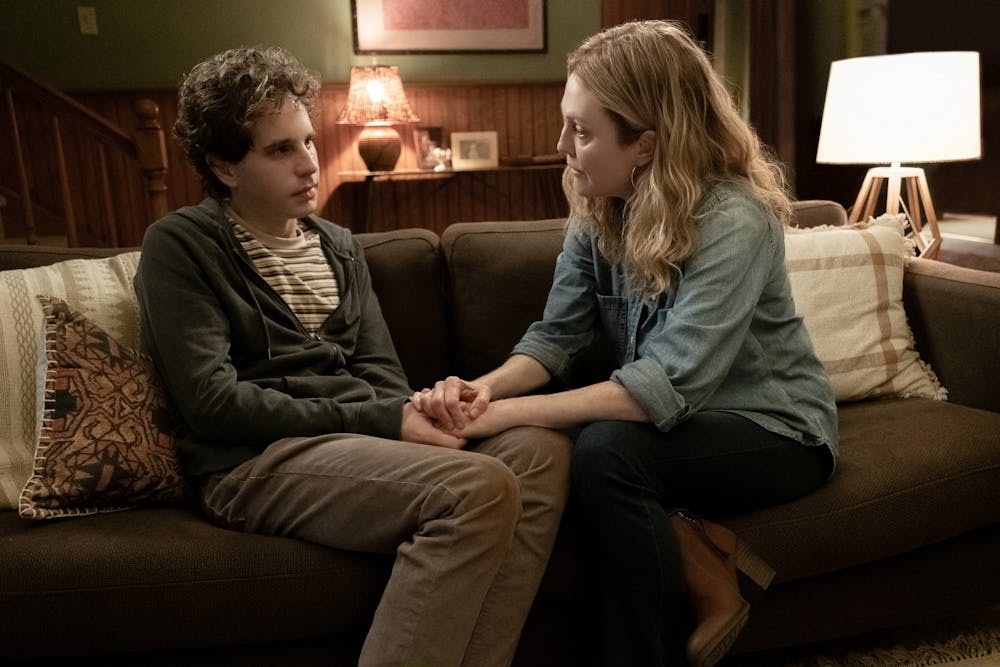“Dear Evan Hansen” left me very conflicted after leaving the theater last night — with a feeling I couldn’t quite get a handle on until well after I got home.
For a movie trying so desperately to tug at the heartstrings of its audience, it just … couldn’t quite get the job done.
The film centers on Evan Hansen’s (Ben Platt) plot to manufacture a friendship between himself and Connor Murphy (Colton Ryan), a student that had taken his own life. Hansen, who suffers greatly from anxiety and depression, is unable to tell the truth — that he and Connor never knew each other — and the lie becomes the foundation upon which a mental health advocacy group is built.
There are plenty of reasons the musical fell flat, but one that very clearly stands out is Platt, the man responsible for portraying the film’s protagonist.
Despite him winning a Tony for his rendition of Evan Hansen on the Broadway cast for the play five years ago, when a then 22-year-old Platt could more convincingly play the role of a high school student. Now, at age 27, casting him as a child just seems wrong, as he very clearly looks older than the rest of his fellow classmates and, notably, his love interest, Zoe Murphy (Kaitlyn Dever).
Though Platt’s performance was convincing otherwise and his voice is great — though, personally, I think it sounds a bit like it’s being run through a car wash. However, it was the frequency with which he sang that presented an issue:
The singing made the movie worse.
This thought first came up after the 30-minute mark, but it really asserted itself towards the latter half of the film. It seemed as though the singing was taking away from the emotional momentum that the performances were building up.
At Connor’s memorial, for example, Evan stumbles and falls on the stage, prompting laughter and ridicule from the student body in attendance. Yet, he makes eye contact with Connors’ mother, Cynthia Murphy (Amy Adams), which inspires him to deliver heartfelt remarks in the form of one of the film’s signature numbers, “You Will Be Found.”



